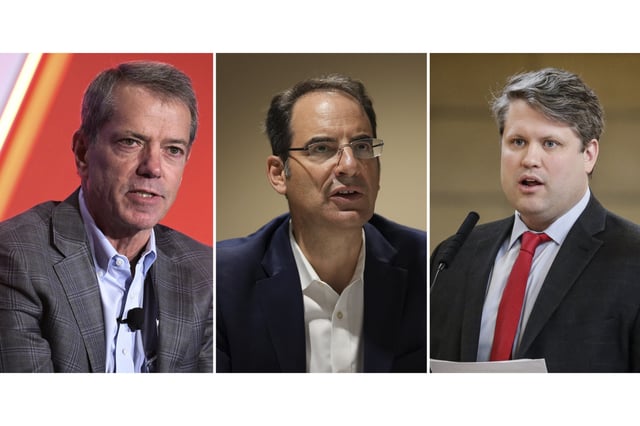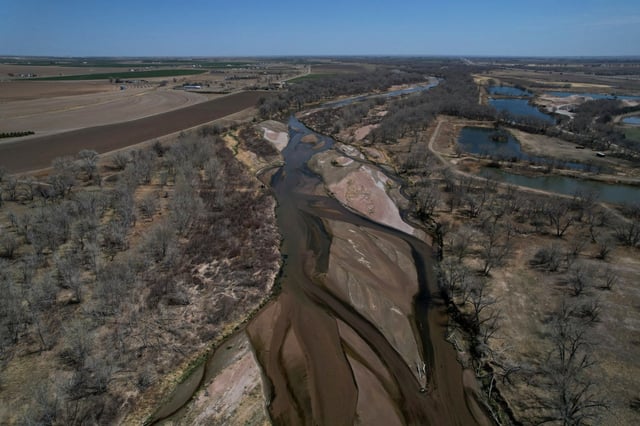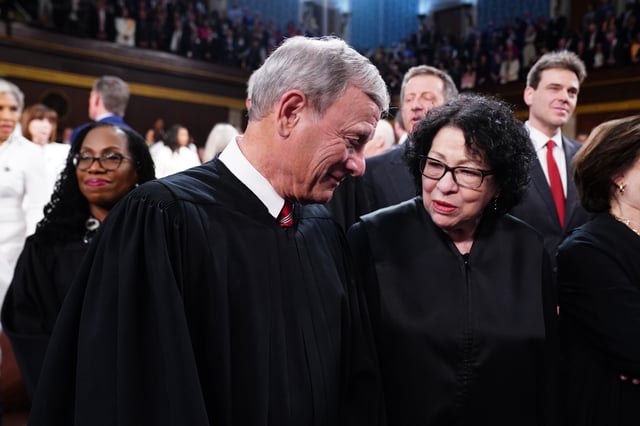Overview
- The July 16 lawsuit alleges Colorado deprived Nebraska of as much as 1.3 million acre-feet of water guaranteed under the 1923 South Platte River Compact.
- According to Nebraska officials, Colorado has been delivering only about 75 cubic feet per second this irrigation season instead of the compact’s 120 cfs allocation.
- Nebraska plans to continue permitting and engineering work on the $500 million Perkins County Canal while the case moves through the Supreme Court.
- Colorado officials, led by Governor Jared Polis and Attorney General Phil Weiser, have called the lawsuit meritless and predicted that prolonged litigation will increase costs for both states.
- A special master may be appointed within 12 months and Nebraska faces a potential three- to five-year wait for a final Supreme Court decision.


